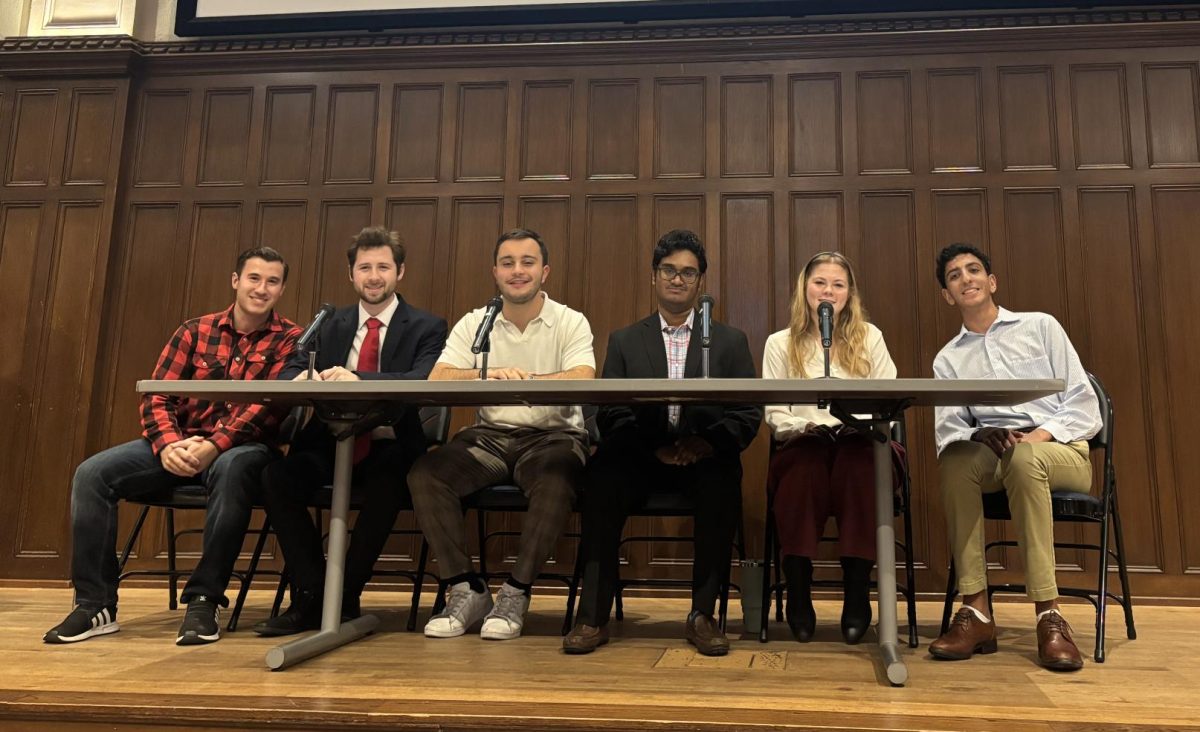By JOSEPH VITALE
We have a password for just about everything we do online. But our sense of security is proving more illusive each day when millions of Americans are having their identities stolen without their knowledge. To boost up cyber-defense on campus, Fordham is tightening up online security and requiring Access IT users to change their passwords every 180 days. Fortunately, Fordham IT has lended its resources and given some essential and urgent advice for students. Fordham IT Communication Specialist, Elizabeth Cornell, has offered her words of wisdom that may end up saving every bit of data you have on the web. See what she has to say below.
You most likely have a friend at Fordham who uses the password “123456” to login into an email account. Maybe you do not know which one of your friends uses that password, but according to data posted online by hackers, “123456” was the most popular password of 2013. According to SplashData, a company that publishes an annual list of popular passwords, other top choices for 2013 included “qwerty,” “iloveyou” and “letmein.”
You probably have another friend who knows that a good password is complex, with mixed characters. So that friend sneakily combines numbers and text, like “abc123” and “password1.” But few hackers will be fooled, since those passwords are neither complex nor sneaky.
Do your friends a favor. Tell them that the best passwords contain eight or more mixed characters that cannot be easily guessed. Also mention that it is easy to make complex passwords memorable. For example, use a passphrase with random words that are meaningful to you, such as “RamsNumber1Team.” Or try the first letters of an easily remembered phrase, such as “MHiBCo2016” (My Hometown is Boise Class of 2016).

Another password security strategy is to change your password frequently. In fact, Fordham IT is requiring all its employees, including students who work for Fordham, to change their AccessIT ID passwords every 180 days. You may not know whether a hacker is using your password, so changing your password every a few times a year is a good, preventive measure.
Security experts also recommend a different password for each site you use that requires a login. It is not advised to keep a record of those passwords on your computer or a sheet of paper. Some of you no doubt can memorize 50+ unique passwords, the way some people remember Major League Baseball statistics going back to 1869. But most of us are not savants.
What to do? At the very least, use a different password for your Fordham email, another email if you have one, your bank account, and the websites you visit. Just do not use the passwords “ninja,” “jesus” and “football.” Hackers know about them, too.
With security breaches a constant threat, it makes sense to evaluate whether your computer and data are vulnerable or not. Be a responsible citizen by taking a little extra time to make sure your passwords are original and complex.
Elizabeth Cornell is the Fordham IT Communication Specialist. You can follow Fordham IT Updates here and Fordham Secure IT here.







































































































































































































